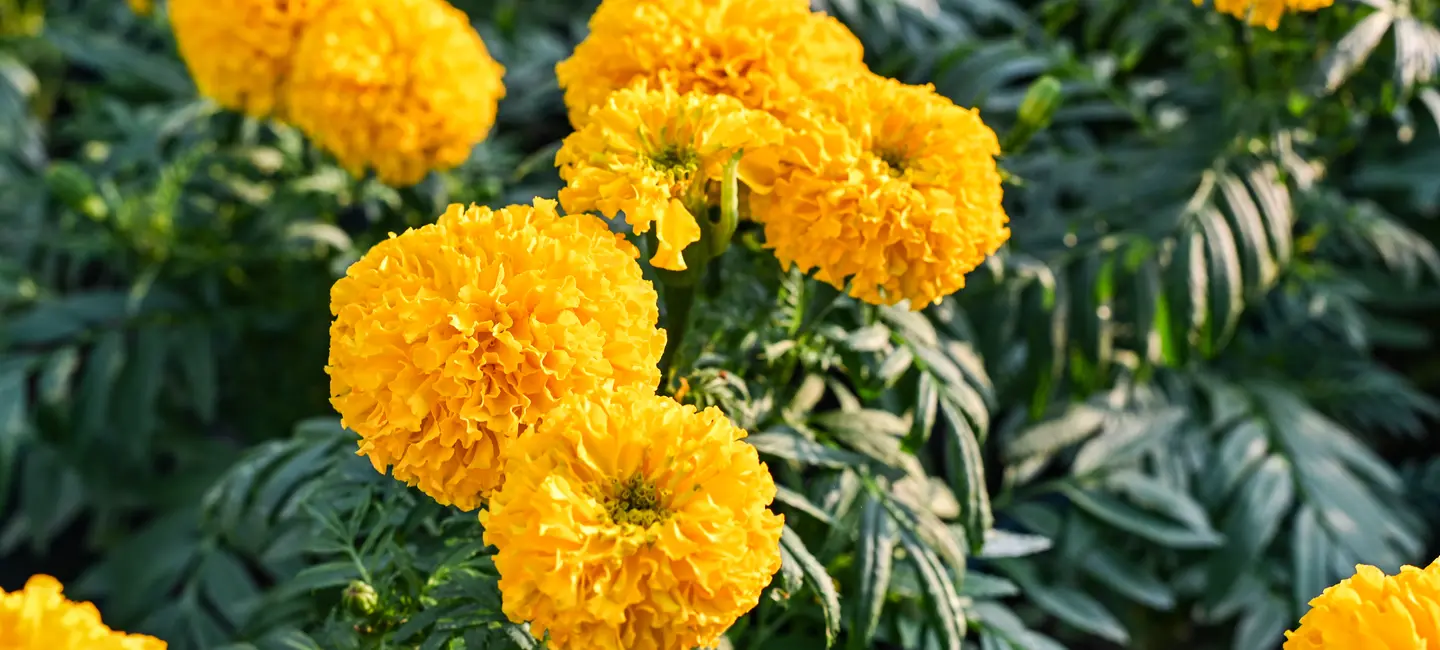
Ornamental marigold is a flowering plant. There are many species of this plant. The parts of the plant that grow above the ground are sometimes used as medicine.
Ornamental marigold contains chemicals that might help decrease swelling (inflammation) and calm the nerves. The oil from the plant is sometimes used as a fragrance in perfumes or as a flavoring in foods.
Ornamental marigold has been traditionally used for stomach problems, coughs, colds, and many other conditions. But there is no scientific evidence to support these uses.
Don't confuse ornamental marigold with Calendula, which is also sometimes called marigold.
Is It Effective?
There is interest in using ornamental marigold for a number of purposes, but there isn't enough reliable information to say whether it might be helpful.
Is it Safe?
When taken by mouth: Ornamental marigold is sometimes used as a flavoring in foods. But there isn't reliable enough information to know if ornamental marigold is safe to use in larger amounts as a medicine.
When applied to the skin: There isn't enough reliable information to know if ornamental marigold is safe to use when applied to the skin. It can cause a skin rash in some people.
Special Precautions & Warnings:
Pregnancy and breast-feeding: Ornamental marigold is sometimes used as a food flavoring. But there isn't enough reliable information to know if it is safe to use in larger amounts as medicine. Stay on the safe side and stick to food amounts.
Allergy to ragweed and related plants: Ornamental marigold may cause an allergic reaction in people who are sensitive to the Asteraceae/Compositae family. Members of this family include ragweed, chrysanthemums, marigolds, daisies, and many others. If you have allergies, be sure to check with your healthcare provider before taking ornamental marigold.
It is not known if Ornamental Marigold interacts with any medicines. Before taking Ornamental Marigold, talk with your healthcare professional if you take any medications.
There are no known interactions with herbs and supplements.
There are no known interactions with foods.
There isn't enough reliable information to know what an appropriate dose of ornamental marigold might be. Keep in mind that natural products are not always necessarily safe and dosages can be important. Be sure to follow relevant directions on product labels and consult a healthcare professional before using.
African Marigold, Amarillo, Anicillo, Aztec Marigold, Big Marigold, Caléndula Ornamental, Cempasuchi, Chinchilla Enana, Cravo de Defunto, Dwarf Marigold,
Œillet d'Inde, Flor de Muerto, French Marigold, Genda, Hierbanis,Huacatay, Mexican Marigold, Mexican Tarragon, Muster John Henry, Pericon, Rose d'Inde, Saffron Marigold, Souci Africain, Souci Aztèque, Souci Français, Souci Mexicain, Stinking-Roger, Tagète, Tagetes, Tagetes erecta, Tagetes glandulifera, Tagetes, lucida, Tagetes minuta, Tagetes patula, Tagetes remotiflora, Tagetes tenuifolia, Tagette, Yellow Carnation, Zendu.
Information on this website is for informational use only and is not intended to replace professional medical advice, diagnosis, or treatment. While evidence-based, it is not guaranteed to be error-free and is not intended to meet any particular user’s needs or requirements or to cover all possible uses, safety concerns, interactions, outcomes, or adverse effects. Always check with your doctor or other medical professional before making healthcare decisions (including taking any medication) and do not delay or disregard seeking medical advice or treatment based on any information displayed on this website.
© TRC Healthcare 2024. All rights reserved. Use and/or distribution is permitted only pursuant to a valid license or other permission from TRC Healthcare.
